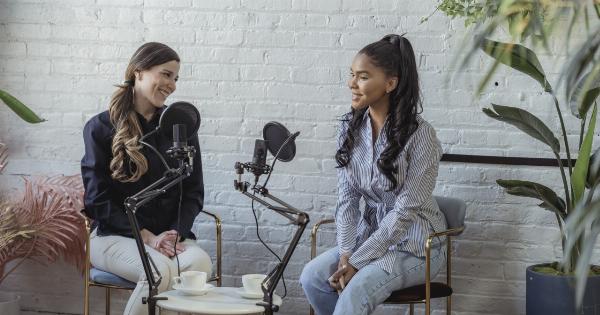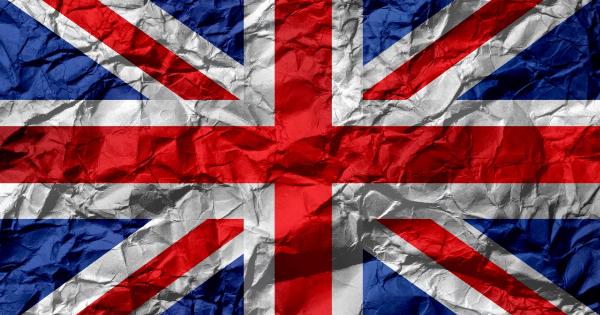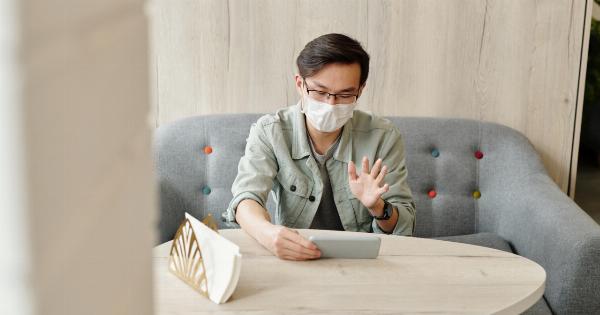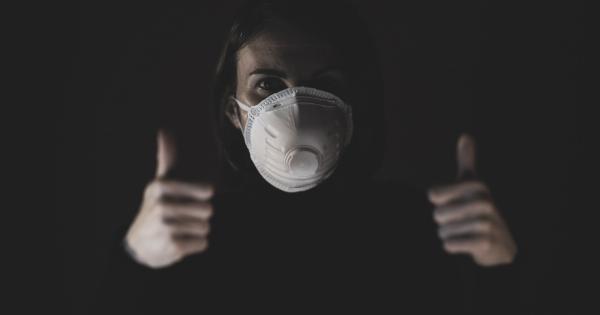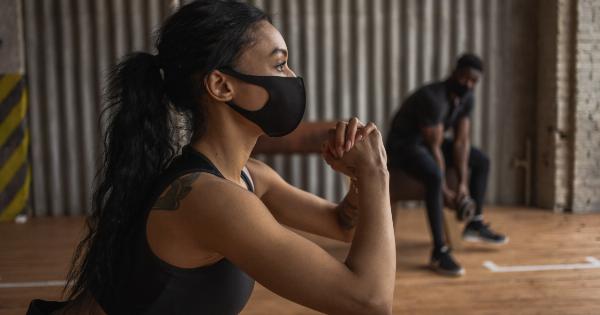Koronevio is a novel coronavirus disease that has spread worldwide, causing severe respiratory illness. The disease is caused by a virus called SARS-CoV-2.
It mainly spreads through respiratory droplets that are produced when an infected person talks, sneezes, or coughs. The virus can also spread through surface contamination, making it essential to maintain proper hygiene protocols.
The virus is deadly, primarily affecting the elderly and those with underlying health conditions but can also be dangerous for infants and young children. In this article, let’s examine if mothers can pass Koronevio to their babies.
Transmission of Koronevio
Koronevio spreads through respiratory droplets when an infected individual talks, coughs, or sneezes. The virus can also spread when a person touches a surface with the virus and then touches their face.
Individuals with the virus may not show symptoms but are still infectious, making tracing and testing difficult.
Can Koronevio Be Transmitted from Mother to Baby?
The transmission of Koronevio from mother to baby depends on various factors. According to recent studies, there is limited evidence of vertical transmission of the virus from mother to baby.
However, there have been a few cases where a mother has given birth to a baby with Koronevio. The mode of transmission of the virus to the baby is still unknown but is presumed to be through respiratory droplets or direct contact with the placenta.
Preventative Measures to Protect Newborns from Koronevio
The following measures can help protect newborns from Koronevio:.
- Proper Hygiene: Mothers and caregivers should take proper hygiene measures, including frequent hand washing and sanitizing, to prevent transmission of the virus to the baby.
- Limit Visitors: Visitors should be limited or prohibited, especially in the first weeks of the baby’s life.
- Wear a Mask: Mothers and caregivers should wear masks when interacting with the baby to prevent transmission through respiratory droplets.
- Disinfect: Frequently touched surfaces, such as cribs and changing tables, should be disinfected regularly.
What Should a Mother Do If She Tests Positive for Koronevio?
If a mother tests positive for Koronevio, the following precautions should be taken:.
- Isolate: The mother should isolate herself from her baby and other household members to prevent transmission.
- Follow Healthcare Provider Recommendations: The mother should follow all healthcare provider recommendations, including taking the medication prescribed and monitoring her symptoms.
- Practice Proper Hygiene: The mother should practice proper hygiene measures, including frequent hand washing and sanitizing.
- Have a Plan: The mother should have a plan in place for how to care for her baby while she is isolating. This may include having a caregiver provide care or having the baby stay with someone who has not been exposed to the virus.
Conclusion
Koronevio is a deadly virus that has caused widespread panic across the world. The virus is highly contagious and can be lethal for vulnerable individuals.
The transmission of Koronevio from mother to baby is a topic of concern, but limited evidence suggests that it is rare. Mothers and caregivers must take proper hygiene measures to prevent transmission of the virus to newborns. If a mother tests positive for the virus, she must isolate and follow healthcare provider recommendations to prevent transmission to the baby.







